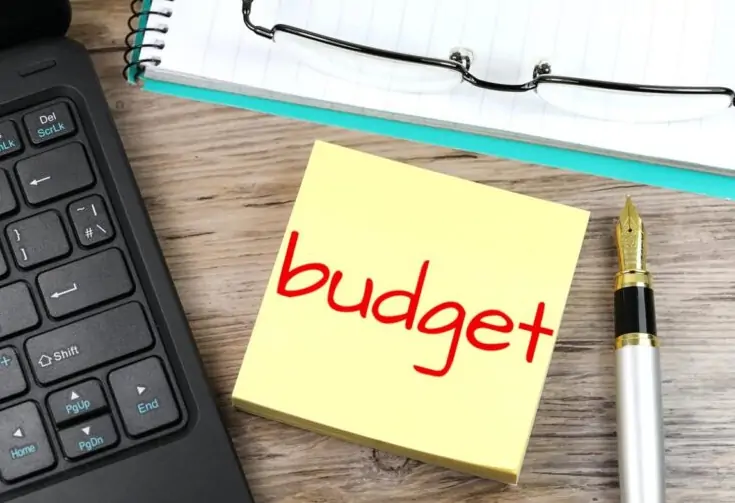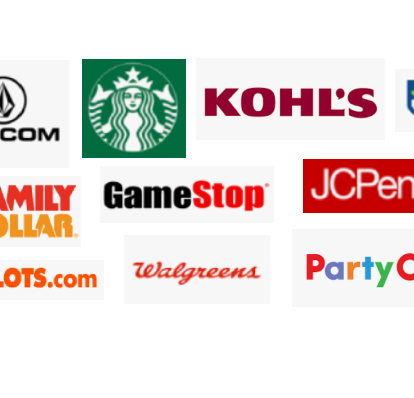
Being a mom comes with its fair share of financial challenges. From groceries to clothing, education, and extracurricular activities, the costs can add up quickly. However, with a few strategic moves, you can manage your finances more effectively and save a significant amount of money. We are sharing with you 10 practical tips for moms to save money, along with a table of key points for easy reference.
| Tip For Moms To Save Money | Description | |
| 1 | Budgeting | Create a detailed budget to track income and expenses. |
| 2 | Couponing and Discounts | Use coupons, discount codes, and cashbacks to save on purchases. |
| 3 | Meal Planning | Plan meals ahead to reduce food waste and avoid last-minute takeout. |
| 4 | Buy in Bulk | Purchase non-perishable items in bulk to save in the long run. |
| 5 | Second-Hand Shopping | Opt for second-hand furniture and toys for kids. |
| 6 | DIY Projects | Make homemade gifts and decorations instead of buying new ones. |
| 7 | Energy Efficiency | Implement energy-saving practices at home to reduce utility bills. |
| 8 | Free Activities | Take advantage of free community events and activities for family entertainment. |
| 9 | Debt Management | Pay off high-interest debts first to save on interest payments. |
| 10 | Financial Education | Continuously educate yourself about personal finance to make informed decisions. |
Creating a Budget
Creating a budget is the cornerstone of financial management. Start by listing all sources of income and then all expenses. Categorize the expenses into needs and wants. By doing so, you can identify areas where you can cut back. Apps like Mint and YNAB (You Need A Budget) can simplify this process by linking to your bank accounts and tracking your spending in real-time.

Couponing and Discounts
Couponing is an excellent way to save money on everyday purchases. Websites like us Coupomania, RetailMeNot and Groupon offer a plethora of discount codes and coupons for various retailers. Additionally, using cashback apps such as Rakuten can help you earn money back on your purchases. Make it a habit to check for coupons before making any online or in-store purchase.
Meal Planning
Planning your meals ahead of time can drastically cut down your grocery bills. By knowing exactly what you need, you can avoid impulse buys and reduce food waste. Consider dedicating a day each week to plan meals and create a shopping list. Apps like Mealime and Yummly can provide recipe ideas and organize your grocery lists for you.

Buy in Bulk
Items such as toilet paper, cleaning supplies, and non-perishable food items are often cheaper when bought in bulk. Memberships to wholesale clubs like Costco or Sam’s Club can be worthwhile if you have the storage space for bulk items. Be mindful of expiration dates and only buy what you know your family will use to avoid waste.
Second-Hand Shopping
Kids grow out of clothes and toys quickly, making second-hand shopping a practical and economical choice. Thrift stores, consignment shops, and online marketplaces like eBay and Facebook Marketplace offer gently used items at a fraction of the cost. You can also join local mom groups where members often trade or sell items their children have outgrown.

DIY Projects
Homemade gifts and decorations can be more meaningful and cost-effective than store-bought ones. Websites like Pinterest offer countless DIY ideas for everything from birthday presents to home decor. Not only does this save money, but it also adds a personal touch that store-bought items often lack.
Energy Efficiency
Implementing energy-saving practices at home can lead to significant savings on utility bills. Simple actions like turning off lights when not in use, unplugging devices, and using energy-efficient appliances can make a big difference. Consider investing in a programmable thermostat to better manage your heating and cooling costs.
Free Activities
Entertainment doesn’t have to be expensive. Many communities offer free events such as concerts, festivals, and outdoor movies. Libraries often have free programs for kids, including storytime and craft activities. Parks and nature trails provide great opportunities for free family outings.

Debt Management
Managing debt effectively is crucial for long-term financial health. Focus on paying off high-interest debts first, as they accrue the most interest. Consider debt consolidation if it offers a lower interest rate. Using a balance transfer credit card can also help manage high-interest credit card debt.
Financial Education
Continuously educating yourself about personal finance is essential for making informed decisions. Books like “The Total Money Makeover” by Dave Ramsey and online resources like Investopedia offer valuable insights into managing money, investing, and planning for the future. Staying informed helps you adapt to changing financial situations and make the best choices for your family.
FAQs
Q: How can I save money on groceries?
A: Plan your meals, use coupons, buy in bulk, and avoid shopping when hungry to prevent impulse buys.
Q: What are some effective ways to reduce utility bills?
A: Implement energy-saving practices, use energy-efficient appliances, and consider a programmable thermostat.
Q: How can I entertain my family on a budget?
A: Look for free community events, utilize library programs, and explore local parks and nature trails.
Q: Is it worth buying second-hand items for kids?
A: Yes, children outgrow clothes and toys quickly, so second-hand shopping can be a cost-effective solution.
Q: What’s the best way to handle debt?
A: Focus on paying off high-interest debts first, consider debt consolidation, and educate yourself on debt management strategies.
Saving money as a mom doesn’t have to be overwhelming. By implementing these practical tips and making small changes to your daily habits, you can significantly improve your financial situation and provide a more secure future for your family.
The Coupomania Team
- Big Savings All Year Long: Walmart Savings Cheat Sheet - September 12, 2025
- 15 Ways to Save Big at JCPenney All Year Long - August 13, 2025
- How To Save On School Supplies In 2025: Deals, Coupons & DIY Hacks - July 31, 2025




















